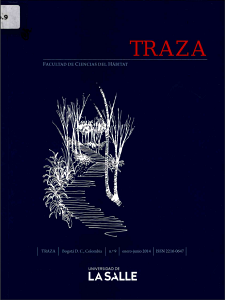Abstract
This article provides a critical analysis of a community living experience that took place between the sixties and the seventies of the 20th century, in Ibiza, Spain, aiming to contribute to the construction of genealogies of postmodern change in urban design practices. The island of Ibiza was a place for experiments of various forms of community life resulting from complex interaction processes that occurred largely at the end of the sixties between two radically different populations: Ibiza’s rural society and a population of immigrant groups that brought with them the values of the so-called counterculture—generally described as ‘hippies’. Over a period of about fifteen years, this interaction allowed the different groups of hippies to explore, through conflicts, different forms of mutual imitation and virtuous interaction processes, a lifestyle that can be defined in a single, seemingly contradictory, sentence: “individualist community”. The reconfiguration of the operation, meaning and significance of the island’s particular rural landscape took place in these processes, thus becoming a place of resistance, expression of desire to escape and of abandonment of the bourgeois worlds and lifestyles.Downloads
Download data is not yet available.



